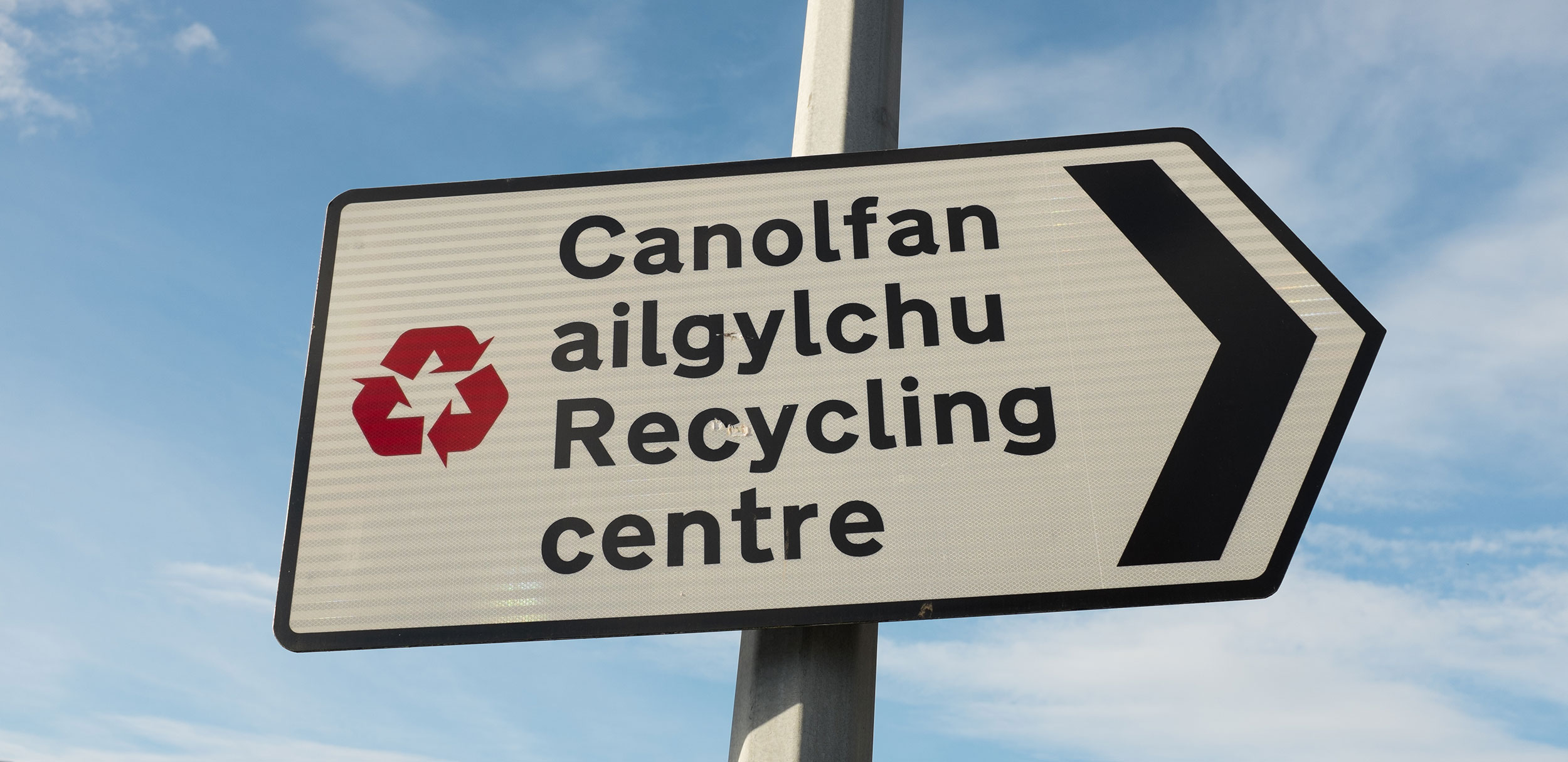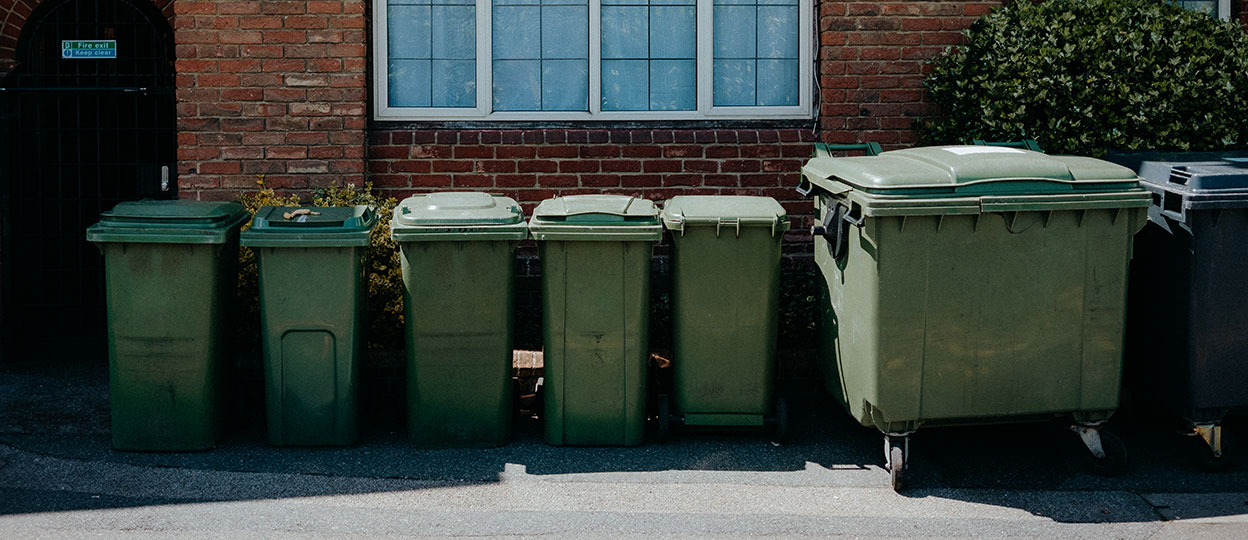The ‘Workplace Recycling Regulations’ are made up of three statutory instruments which will ensure non-domestic premises separate materials for recycling by 6 April 2024.
It will undergo a debate before being passed by the Senedd.
The instruments include the ‘Waste Separation Requirements (Wales) Regulations 2023’ which will legislate for non-domestic premises such as businesses and charities to sort waste for separate collection of recyclable materials.
A further instrument – the ‘Prohibition on the Incineration, or the Deposit in Landfill, of Specified Waste (Wales) Regulations 2023’ – expands on an existing ban on material disposal rules.
The waste streams for mandatory separate collections are listed as being:
Food
Paper and card
Glass
Metal, plastic and cartons
Unsold textiles
Unsold small waste electrical and electronic material
What impact will this have?
If passed, the regulations will mean recycling collections from businesses in Wales align with domestic collections. The country’s impressive recycling figures have been widely attributed to the separate collection of dry recyclables from households.
Julie James MS, minister for climate change, has said “the Workplace Recycling Regulations build on our successful household recycling reforms, where our high rate of recycling in Wales already saves us around 400,000 tonnes of carbon per annum. Alongside the environmental imperatives, importantly rolling out this approach to our workplaces will provide benefits to the economy by capturing a resilient supply of high-quality recycled materials, creating job opportunities and stimulating investment.”
What about England and Scotland?
This follows the publication of government’s response to the consistent recycling collections for households and businesses in England in October where, amongst other policy decisions, it was stated a standardised set of dry recyclables must be collected from businesses by 31 March 2025. However, unlike the proposed Welsh system, the waste will not have to be separated at source and can be collected ‘co-mingled’.
It may be that the other two nations also make similar announcements. Consistent materials collected from the kerbside for recycling UK-wide should go some way to ensuring higher national recycling rates, and embedding a circular economy.






